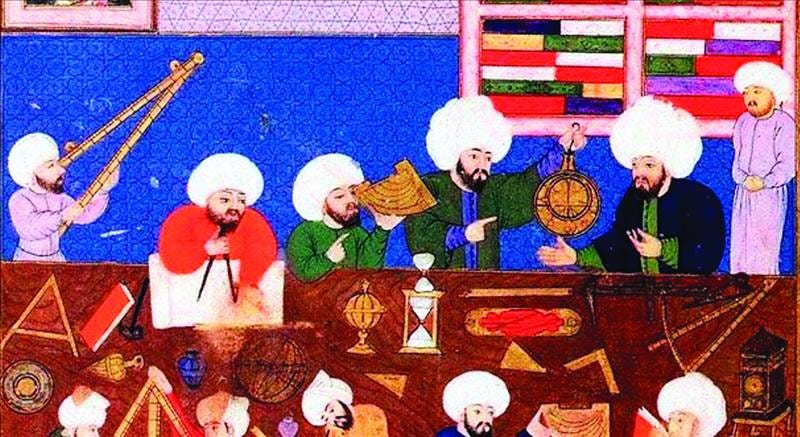Reviving the Glory of the Islamic Golden Age: A New Dawn
Written on
The Decline of Muslim Contributions
Recently, I found myself pondering a significant question: Why has the influence of Muslims on the world diminished?
Islam stands out as one of the most comprehensive religions globally, offering guidance on various aspects of life, from financial matters to interpersonal relationships. Central to this guidance is the Qur’an, which many Muslims hold dear.
Moreover, it’s widely recognized that during the Golden Age of Islam, spanning from the 9th to the 16th centuries, Muslims were at the forefront of innovation, shaping modern civilization. This period birthed remarkable advancements in algebra, optics, architecture, geometry, Islamic arts, calligraphy, educational institutions, knowledge translation, astronomy, women’s rights, financial systems, and even the coffee culture we enjoy today (next time you sip on that caramel macchiato, remember this legacy!).
While these achievements fill us with pride, they also lead me to reflect on a troubling reality. What happened to our innovative spirit? Why have we seen a halt in progress, and most importantly, how can we revive it?
In the past five centuries, the Islamic world has experienced a considerable stagnation in socio-economic and scientific development. Once, the wealthiest individuals, the most skilled healers, and the greatest military leaders hailed from the Muslim community, but that is no longer the case. Despite being a population of approximately 1.6 billion, our current status contrasts starkly with our historical greatness.
Upon deeper reflection, I believe the thriving period of our past coincided with a vastly different attitude towards learning. Knowledge was viewed as a form of worship, inspiring Muslims to pursue discoveries fueled by their devotion to Allah. They regarded all beneficial knowledge as an act of faith, driven by the Qur’anic call to contemplate and utilize intellect for the betterment of humanity.
In contrast, the contemporary world often separates science from spirituality, treating secular knowledge and sacred knowledge as opposing forces. This division has diminished our enthusiasm for learning, leading to a stark disconnect from the glorious achievements of our ancestors. We firmly believe this disjunction contradicts our purpose outlined in the Qur’an, which urges us to seek knowledge from birth until death.
To counter this trend, KNOW aims to rekindle the intrinsic desire for knowledge that has always been our calling. Our goal is to empower individuals to reach their fullest potential and serve Allah and humanity as we once did during the Golden Age.
Introducing the Second Golden Age
With this background, we are excited to present our initiative aimed at addressing this issue: The Second Golden Age.
The #SecondGoldenAge project by KNOW encompasses a series of videos, articles, courses, and documentaries aimed at reconnecting us with the greatness of our past and providing a roadmap toward a future of renewed excellence.
Initially, we will focus on our Science category, examining the profound yet often overlooked influence of the Qur’an on contemporary scientific advancements. We will also highlight how Islam has played a pivotal role in transforming various fields, including medicine, engineering, and commerce.
Through this collection of multimedia resources, our intention is to revive the spirit of the first Golden Age by showcasing its legacy and integrating its principles into our lives today, paving the way for a version 2.0 of Islamic greatness, insha’allah!

Exploring the Factors Behind the Decline
The first video titled "What Caused the Decline of Muslim Civilization?" delves into the factors contributing to the waning influence of Islamic civilization, examining historical contexts and societal shifts.
Rethinking the Future of Islam
The second video titled "Is America Declining and the Rise of Islam?" features Muhammad Jalal discussing the potential resurgence of Islamic influence in today's world and the implications for the future.